RESISTIRÉ Final conference participants
Welcome address

Oriane Gilloz
Oriane is a Policy Officer in the Gender Sector of the European Commission’s Directorate General for Research and Innovation (DG RTD), where she actively contributes to advancing gender equality policies in the European Research Area and implementing them through dedicated provisions in Horizon Europe. With a solid background in EU policies and gender studies, her interests lie in institutional changes, gender bias in politics, and theoretical debates on gender and feminist research. Previously, she worked as an academic assistant at the College of Europe and conducted sociological research on public reforms within EU administrations. She holds a Postgraduate Master’s degree in European Political and Governance Studies (College of Europe), a M.A.in European Affairs and Advocacy (Sciences Po Aix-en-Provence), and a M.A.in Applied Political Sciences (Albert Ludwig University of Freiburg).
Opening Keynote

madeleine kennedy-macfoy
madeleine is Executive Director of Gender at Work and co-editor of the European Journal of Women’s Studies. She first started working on women’s rights as a programme officer for Amanitare, the first African feminist network on sexual and reproductive health and rights. She has served as a member of the Global Advisory Committee of the UN Girls’ Education Initiative, the Global Working Group to End School-related Gender-based Violence convened by UNESCO, the Global Partnership for Education Gender Reference Group, and spent a decade leading work on women’s rights and gender equality at Education International, the global federation of teachers’ trade unions.
Better stories of responding to gender-based violence in the pandemic: Feminist solidarity in times of crisis
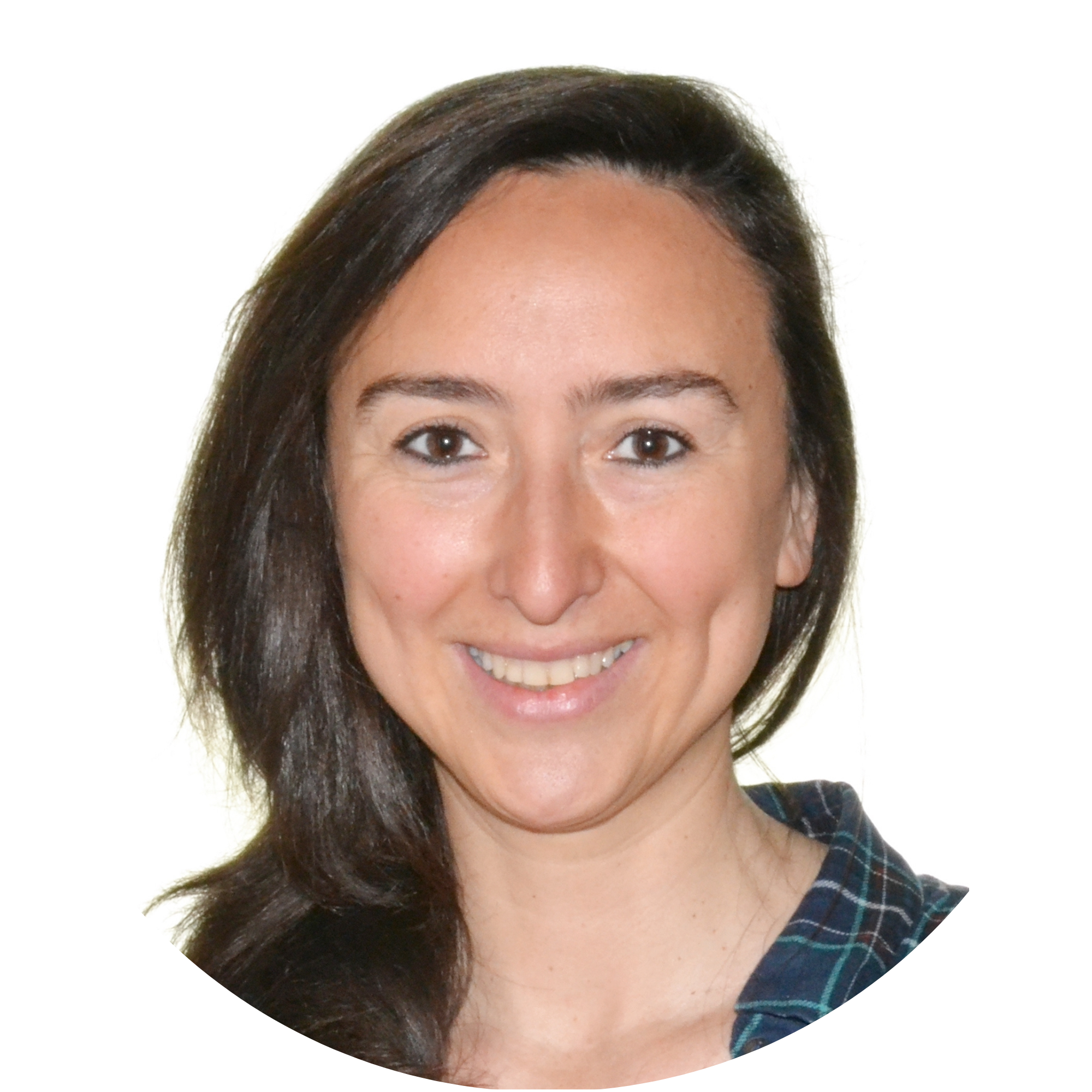
Aslıhan Tekin
Aslıhan Tekin is Legal and Policy Adviser with a background in both law and civil society. She is deeply involved in legal and policy advisory work, with a primary focus on the European Union (EU) and the United Nations (UN) through international law and policies. Since 2006, she has demonstrated an unwavering dedication to advancing human rights, gender equality, women’s rights, social policies, and environmental issues. As an eco-feminist, she combines her legal expertise and advocacy skills to effect significant and positive change. As the EU Representative of Women’s Coalition Turkey and a European Women’s Lobby (EWL) board member, Aslıhan collaborates extensively with civil society organizations, networks, and international entities across Europe and beyond. Her work spans various areas, including digitalization, where she applies her digital expertise as a trainer, specializing in combating cyberviolence and advancing digital advocacy within civil society.
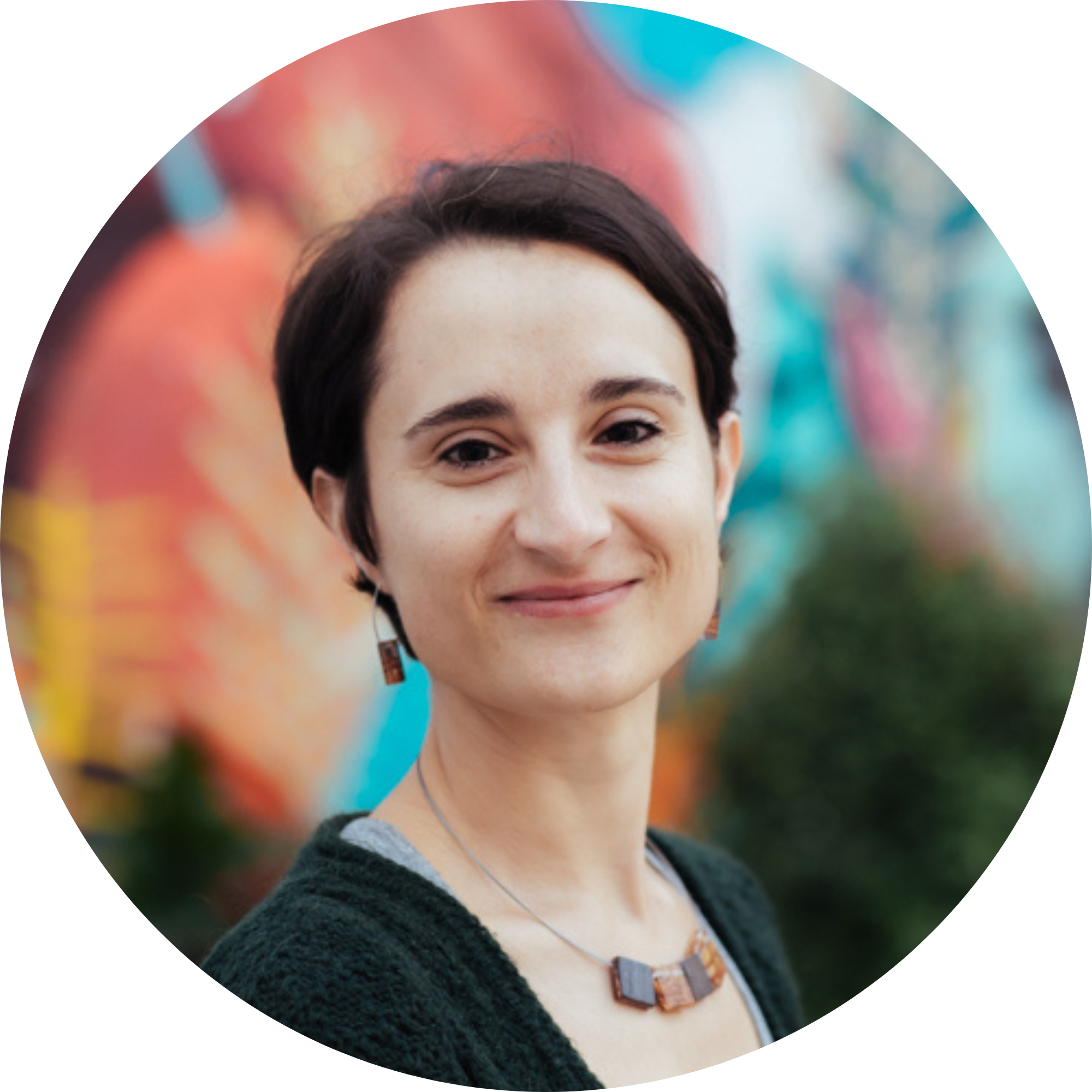
Elena Laporta Hernández
Elena is a lawyer and advisor of a Member of the European Parliament in the FEMM Committee. She has been a lecturer at the Carlos III University of Madrid. As a consultant on human rights and gender, she has worked in Egypt, Tunisia, Moldova and Colombia, the latter as coordinator of Human Rights in the Organisation of Ibero-American States for Education, Science and Culture. She has done strategic litigation regarding women’s human rights and has published several articles from a legal feminist perspective.

Zorana Parezanovic
Zorana is an activist, dedicated to the protection of victims of human trafficking and gender-based violence. She is a social worker by profession, with extensive experience in social welfare politics. A significant part of her work is devoted to the empowerment of young girls and women who survived gender-based violence. She has been a member of NGO Atina’s staff since 2014, actively involved in the movement against human trafficking in Serbia.

Biljana Brankovic
Biljana is an International Council of Europe Consultant, Member of GREVIO (2015-2023). She contributed to development of Council of Europe recommendation on sexism, and General Recommendation of GREVIO on digital dimension of VAW. She teaches at the MA programme on human rights, implemented jointly by the University of Bologna and the University of Sarajevo. She participated in over 30 international research projects across Europe and Central Asia, mostly on multi-country/comparative studies on VAW. As International Consultant, she has worked for many UN agencies and international actors (UN Women, UNDP, UNFPA, UNICEF, Council of Europe, UN Special Rapporteur for VAW, European Parliament, European Commission, USAID, OSCE, etc.).
Beyond connection: Caring for an inclusive digital transition
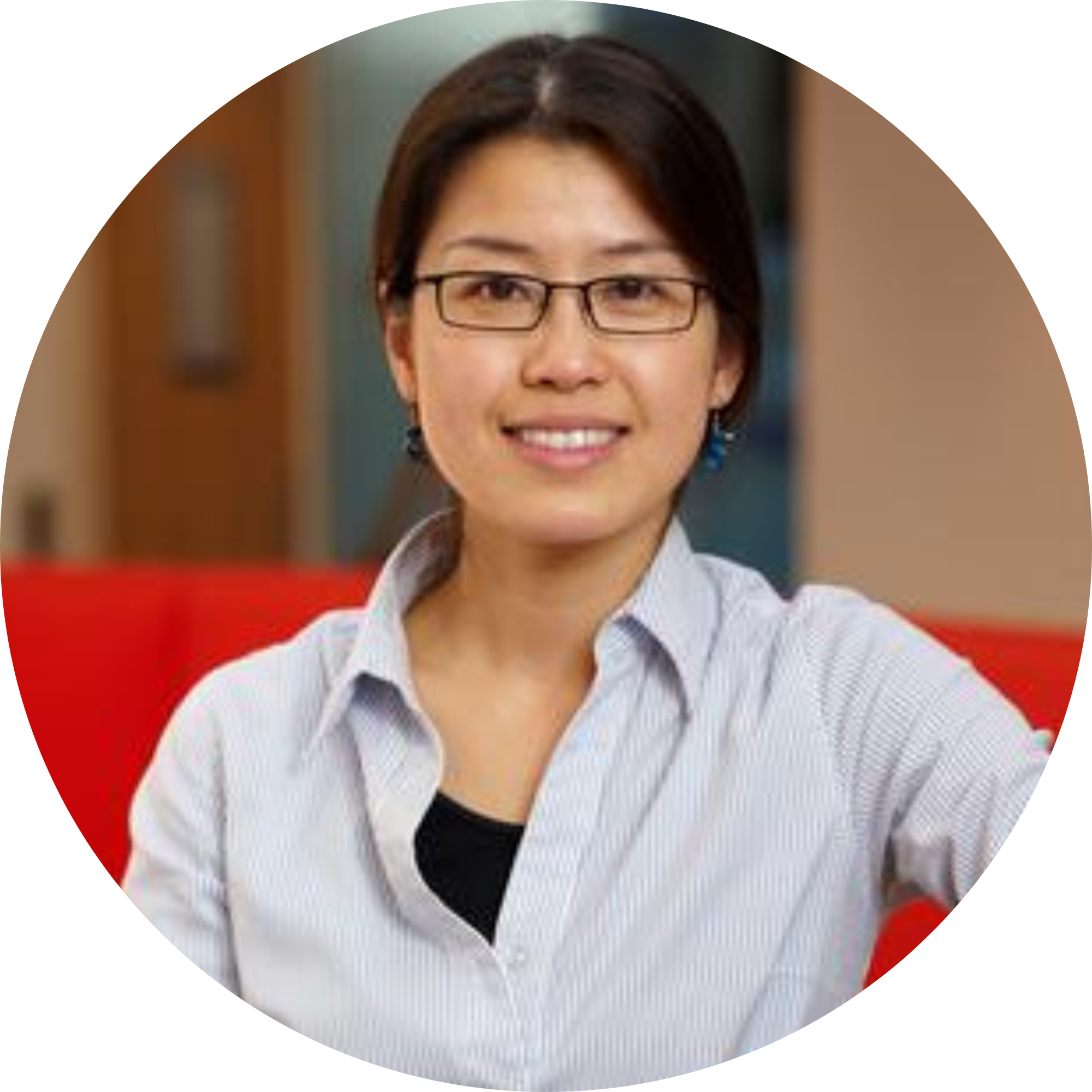
Yingqin Zheng
Dr. Yingqin Zheng is currently Reader (Associate Professor) at Essex Business School, University of Essex, UK. With a Doctorate from the University of Cambridge, her research interests lie with the social and ethical implications of digital transformations in sustainable development. She has published broadly on topics related to digital inclusion and digital inequality, and serves as Senior Editor at the Information Systems Journal and Information Technology for Development.

Christian Morabito
Christian is an international researcher and expert with more than 15 years of experience in the field of inequalities and educational policies. During the course of his career, he has worked with the United Nations, OECD, and the European Commission, in managing and evaluating education and social policies’ reforms, policies and programmes. He holds a PhD in Social Welfare Studies from Ghent University. He is currently working as senior researcher for Save the Children Italy, for which he has developed the Index of Educational Poverty.

Sergio Pérez Barranco
Sergio is a project officer at FEANTSA – the European Federation of National Organisations Working with the Homeless. There, he works on EU free movement, migration and homelessness within the project ‘Protecting the Rights of Destitute mobile EU Citizens’ (PRODEC) and on digitalisation.
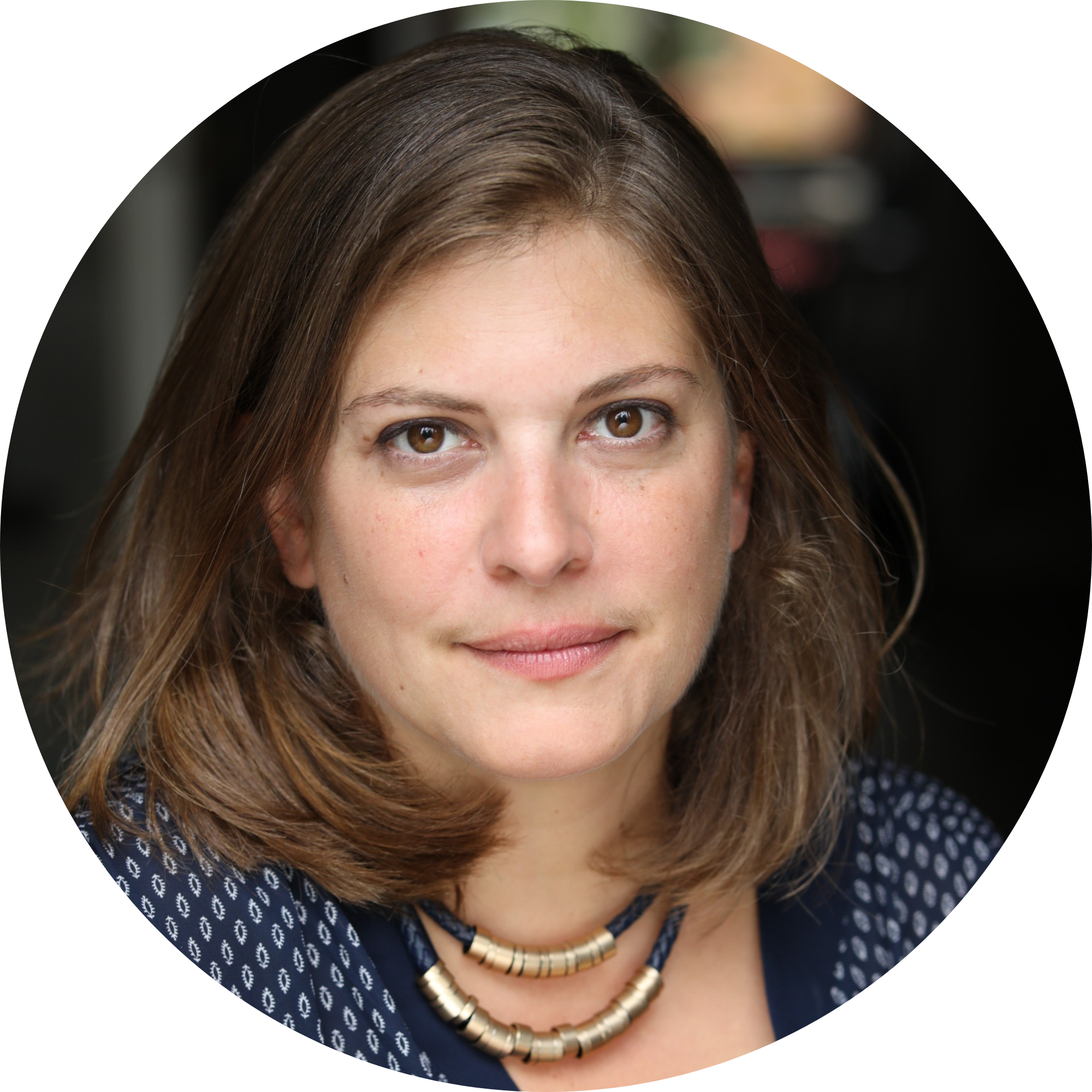
Tania Maamary
After a master’s degree in political sciences, Tania Maamary developed an active career mainly in the field of communications and events. In 2016, she started working for Paradigm, the public interest agency that aims to assist the local, regional and community institutions within the Brussels-Capital Region with their digital transformation.
In 2019, she was appointed first Digital Inclusion Coordinator for the Brussels-Capital Region. This role was created by the Government in order to implement the digital inclusion strategy of the Region and coordinate all the actions taken both by the public and private sectors alike.

Jakub Możaryn
Jakub is a researcher and social activist. During the pandemic, he was involved from the beginning in the activities of the mutual aid group Widzialna Ręka / Visible Hand as a facilitator and a person who prepared reports within its framework on the issues of organizing informal groups responding to social crises.
Bringing back care to healthcare
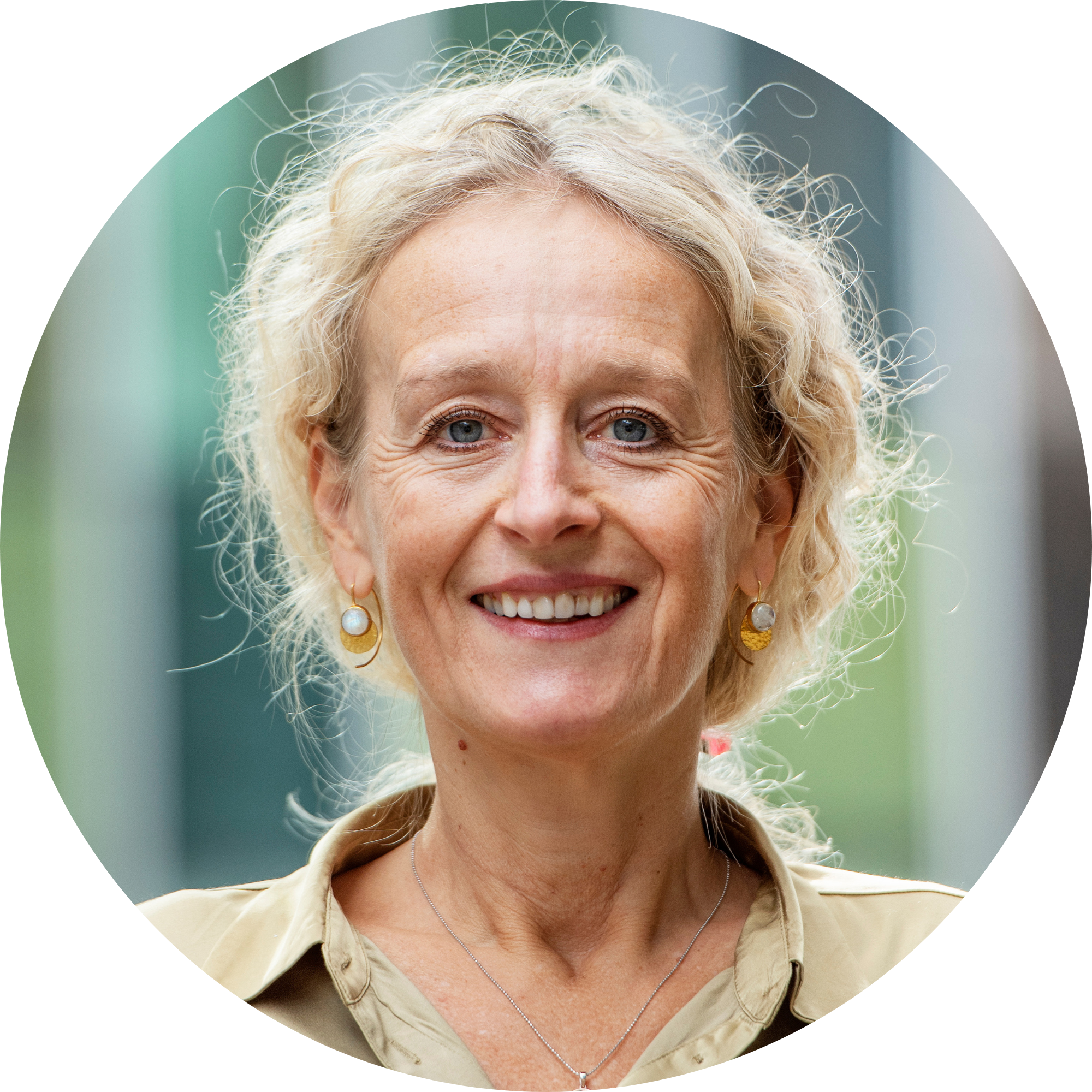
Caroline Costongs
Caroline is Director of EuroHealthNet, the European Partnership for improving health, social equity and wellbeing. Caroline leads a multi-disciplinary team working on European Union and (sub)national policy, research and capacity building addressing health inequalities and the social determinants of health. Caroline is active in various EU and WHO fora, as well as in Advisory Boards of European projects and is a member of the Economy of Wellbeing Expert Group for Finland and of the ICC – International Council for the European Public Health Conference.
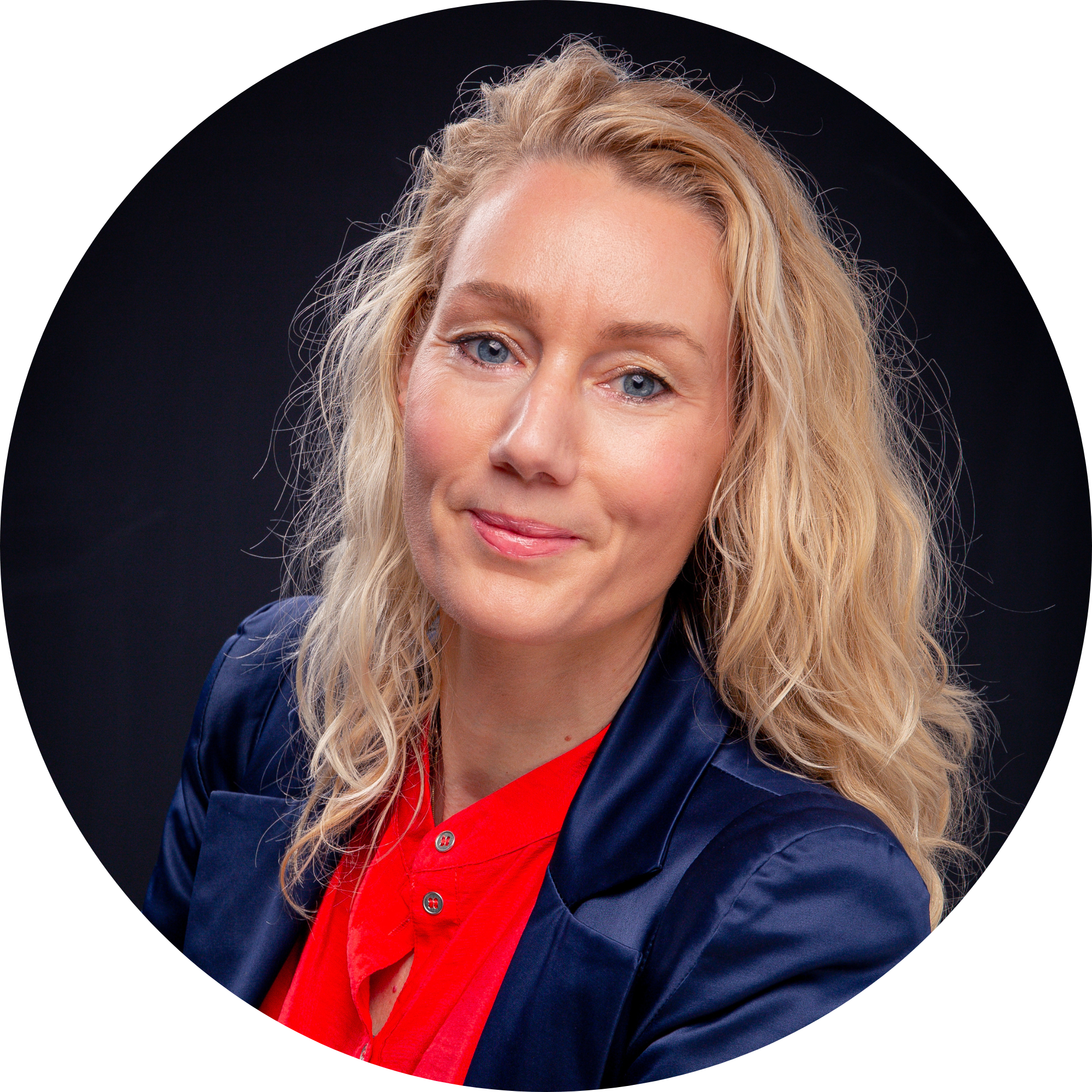
Anke Witteveen
Dr. Anke Witteveen is a psychologist and epidemiologist working as Assistant Professor at the Department of Clinical, Neuro- and Developmental Psychology at VU University, Amsterdam. She studies the prevalence, determinants, and neurobiological correlates of common mental disorders in vulnerable populations and conducts trials to assess the effectiveness of CBT-based interventions. Currently, she is involved in the EU-project RESPOND on the short- and long-term mental health effects of the COVID-19 pandemic. In RESPOND multi-country longitudinal cohort data are harmonized and effectiveness of a low-intensity stepped-care intervention to reduce psychological distress is assessed among vulnerable populations such as migrants.

Hanna Haveri
Hanna Haveri (MD PhD) is a specialist in neurology and has special competence in eHealth. Since 2021 she has worked as a planetary health physician trying to find new solutions to overcome the three crisis of our time: loss of biodiversity, climate change and public health crisis. She works in close collaboration with experts on different scientific fields. She enjoys popularizing science to larger audience. She has built a concept of planetary prescriptions together with her working group consisting of e.g. environmentalists, biologists and experts in nutrition. Her scientific interests are in connections between nature biodiversity and health.

Anna Szczegielniak
Anna Szczegielniak (MD, PhD) is a psychiatry specialist, researcher and clinician at the Medical University of Silesia in Katowice. Her scientific interests oscillate around broadly understood social psychiatry and mental health rehabilitation, public mental health, behavioral addictions and new technologies, as well as sexual health. She is an author of numerous research papers and popular science articles in the field of mental health. Actively involved in the areas of leadership, gender equality, human rights and access to health services with particular emphasis on people at a risk of exclusion. Involved in advocacy work for FRIDA & Global Resilience Fund.

Clément Rames
Clément’s practice combines social innovation, action research and interventions in public space. He splits his time between complex systems research at the Open University of Catalonia and urban praxis with aquí. He organizes and facilitates numerous workshops and cultural events in Barcelona and beyond. Besides aquí, he also co-founded the Thelonious Collective, a community of artists moved by critical hope, and Becoming Earthly, a discussion series seeking to re-imagine our relationship with planet Earth. Clément has lived and worked in Belgium, Switzerland, the UK, the US and Spain, and bicycle toured across Europe for 5 months.

Aneta Brunerova
After finishing her degree in social anthropology, Aneta Brunerová joined Nevypusť duši, a Czech non-profit organisation that is not afraid to talk about mental health and knows how to take care of it. There she works as a communications manager and is actively involved in reducing the stigma associated with mental health issues and opening up a public debate about mental health. She regularly engages in solidarity projects and in supporting various forms of local community life through organising public events.
Policy support for inclusive crisis responses

Magdalena Sapała
Dr. Magdalena Sapała is a Policy Analyst at the European Parliamentary Research Service (EPRS), an in-house think-tank of the European Parliament in Brussels. She specialises in the budget of the European Union, the Recovery Instrument ‘Next Generation EU’, and gender-responsive budgeting.
Prior to joining EPRS, she held positions of research professor at the Institute for European Studies of the Free University of Brussels (Belgium), and at the European Studies Department of the Poznan University of Economics and Business (Poland).
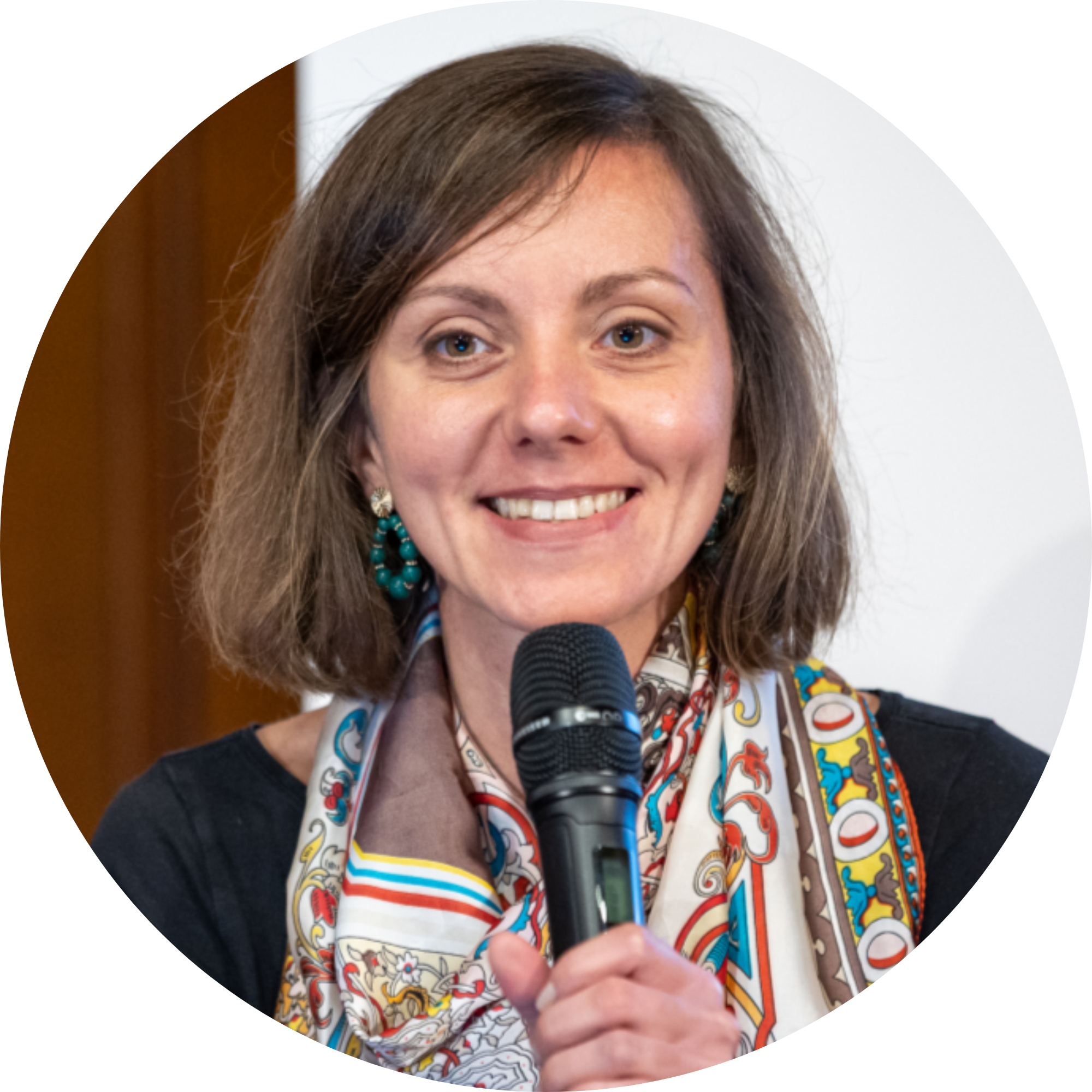
Laeticia Thissen
Laeticia Thissen works as a Senior Policy Analyst for Gender Equality at Foundation for European Progressive Studies (FEPS) where she is in charge of the foundation’s work related to women’s rights, equality and anti-discrimination issues. Over the years, her work focused on topics ranging from gender injustice to care work and gender-based violence. Before joining FEPS, she has worked in the European Committee of the Regions and in the European Parliament. She holds a Master’s degree in European Studies from Maastricht University and in Gender Studies from ULB (Université Libre de Bruxelles). Additionally, she completed a post-academic specialisation course on “Migration, Ethnic Diversity and Intercultural Relationships” and is a member of the Brussels Binder network, an initiative committed to improve gender diversity in policy debates and that aims to promote women’s voices.

Katarzyna Szkuta
Dr Katarzyna Szkuta is passionate about gender, research and innovation and digital policies. Currently she works as the European and International Affairs advisor to the junior Minister for Gender Equality, Equal Opportunities and Diversity in the first gender-equal Belgian federal government. She is a sociologists by training and gained her PhD in Applied Social Sciences at the University of Warsaw. Her previous professional experience includes working at the European Commission’s Directorate General Research and Innovation and the Joint Research Center. Katarzyna is also active in fostering synergies between intersectional feminist organisations in Brussels and beyond.
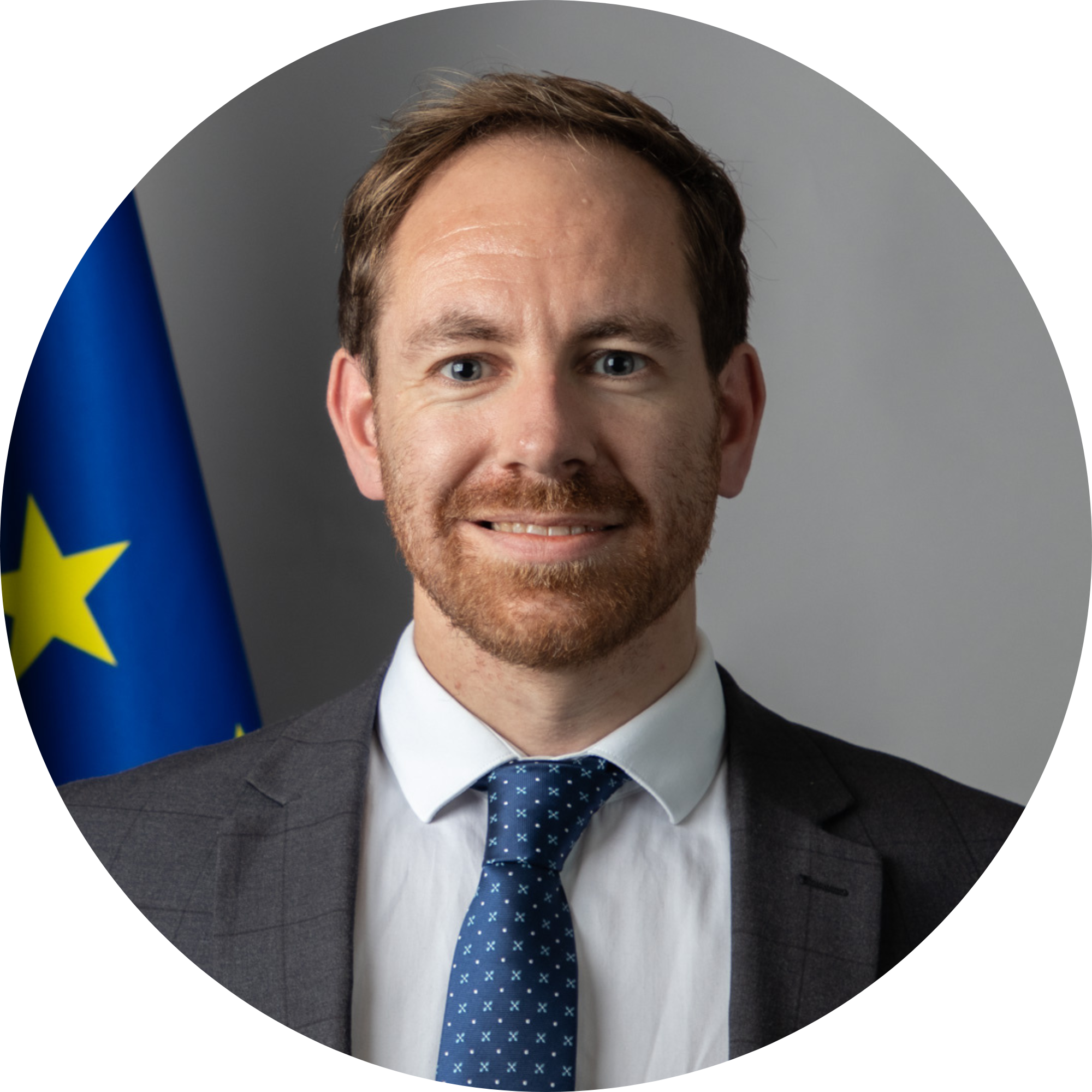
Arnold de Boer
Arnold de Boer is Policy Officer at the Secretariat General of the European Commission, working since 2020 in the Recovery and Resilience Taskforce implementing the €800 billion Recovery and Resilience Facility (RRF). His portfolio includes horizontally monitoring the impact of reforms and investments under the RRF in the area of social and equality policies. He has over 10 years of professional experience in EU social affairs in several EU institutions as well as in the private sector. He studied Contemporary History of Central and Eastern Europe at the University of Groningen (NL) and the Palacký University of Olomouc (CZ).
Keynote: Looking toward the future
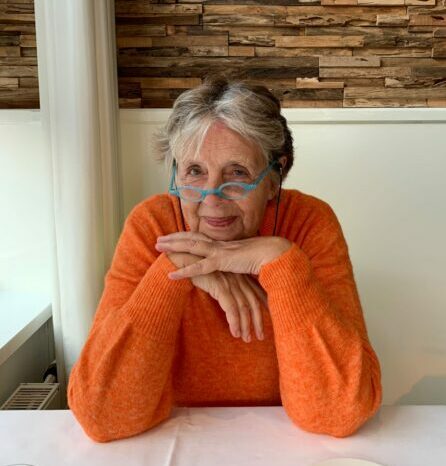
Mieke Verloo
Mieke is Professor of Comparative Politics and Inequality Issues at Radboud University in the Netherlands, and Non-Residential Permanent Fellow at the IWM, Institute for Human Sciences in Vienna. She has extensive publications on gender equality policymaking in Europe, on gender mainstreaming and on intersectionality. Part of her current work is on the complex relationship between democracy and gender+ equality. She has also worked on understanding gender regimes, and on gendered body politic.
